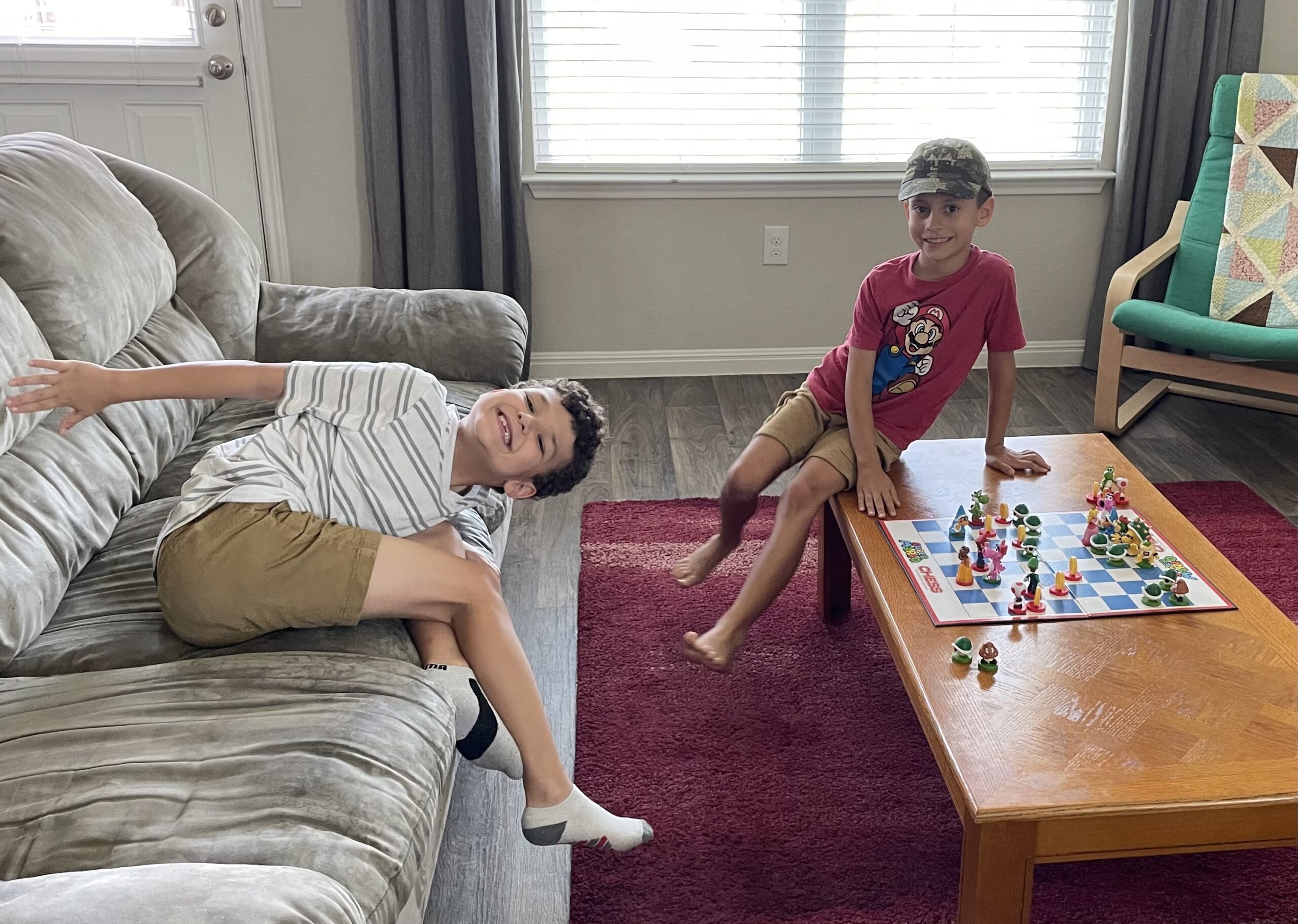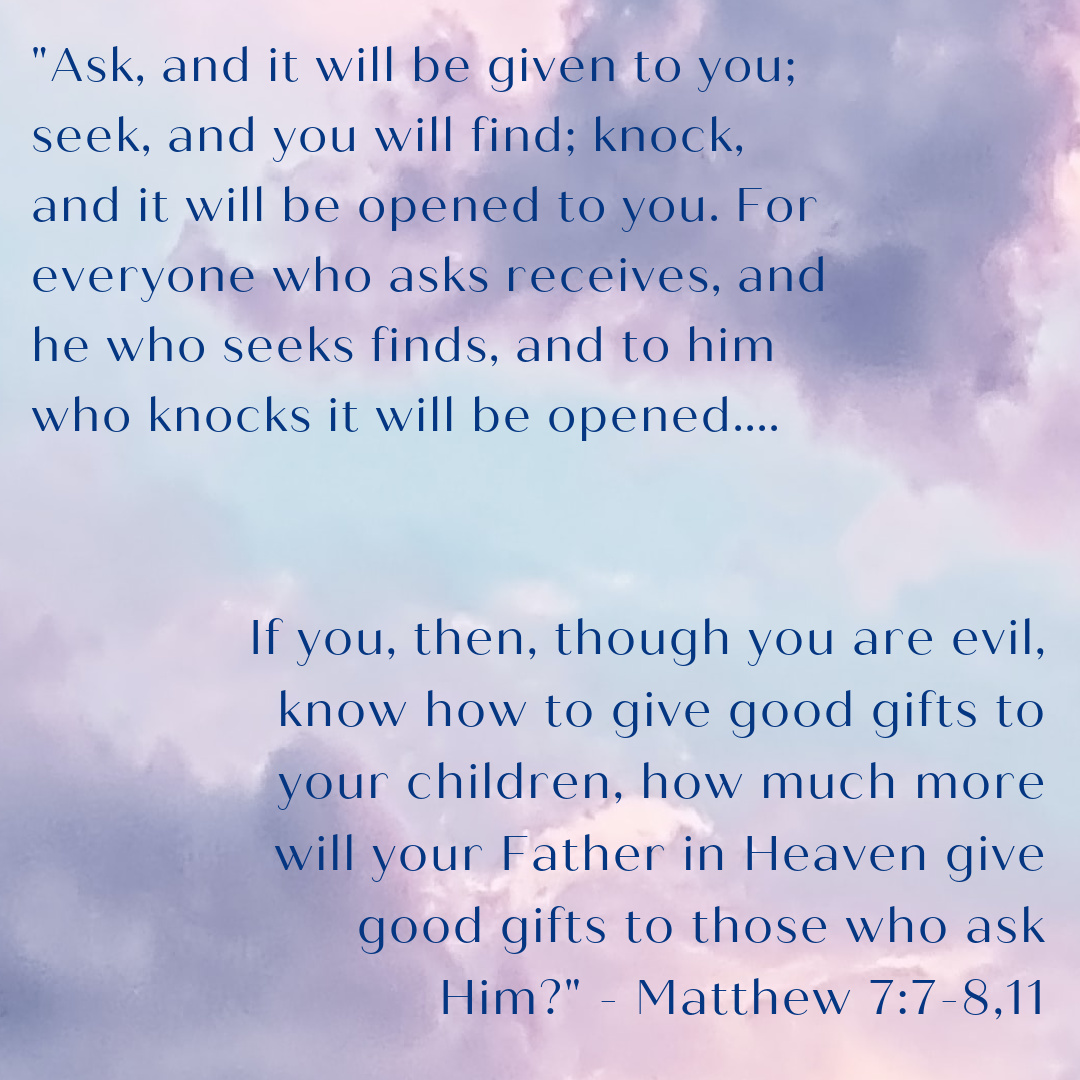His surprised enthusiasm was a knife to my ego, shattering my heart into tiny pieces I was left scrambling to retrieve.
One might think I would experience a little self-satisfaction or at least a sense of accomplishment for having prompted Charleston’s exuberant gratitude. But that is where one would be underestimating the cruel potential for Mom Guilt to creep into even the happiest of mom achievements….
It began with a simple request that we invite Charleston’s best friend over for a play date. The request happened on a Tuesday, and by Wednesday we had a Friday hangout on the calendar. When I shared the news with Charleston, he didn’t believe me. Between jumps and hugs, he marveled, “When I asked you to a schedule a playdate I thought it might be, like, in a few weeks or months. Like usual. I didn’t KNOW it would be for this week!”

Charleston’s gratitude was not intended as a jab, but it sure did feel that way …. because what he said was true: I often agree to his requests, but usually his requests (especially those involving other parties because #Introvert) take weeks or months or even a year or more to pan out. My swift Yes to a request of his was an anomaly—a happy anomaly, but it took Charleston’s disproportionate excitement for me to recognize how infrequent these Yeses have become.
As parents, we have to give a lot of Noes: No, we cannot have candy for dinner…. No, it is not a good idea to jump off the top of your dresser onto your sister…. No, you won’t be getting a thirteen-story treehouse with hidden magical rooms for Christmas…. Often these Noes are given for entirely valid reasons, born of the wisdom we parents must exercise as the guardians of our kids’ health, safety, and spiritual well-being. But if we’re not careful, No can become our default, uttered with zero consideration, purpose, or intentionality. We rush to No, even though it will be met with immediate resistance from our kids, because it requires less of our brain power and long-term effort.
Speaking for myself, I know that No is often a cop out: I say No to my kids so that I am able to say Yes to myself. I deny my kids’ requests so that I can maintain control over how our family spends our time and other resources, in ways that are conducive to my wants and needs. This is not always bad: there are five people in this household, and as an active member of the Jerenejcic Five, I do get a say in these things. Martyrdom really is not a great look. But neither is narcissism, and my own tendency is to lean more toward the selfish side of things. Self-preservation comes easily to me, it’s my selflessness that needs tending.
Since the playdate incident earlier this summer, I’ve been paying more attention to both my Yeses and my Noes. I have boatloads of room for improvement: my Yes/No ratio still tilts heedlessly towards the negative. But I’m noticing my responses, recognizing whether my Noes are legitimate or needless, considered or thoughtless, well-intentioned or selfishly motivated. I’m trying to give Yeses where I can, even taking the extra step to restructure our schedule and my own priorities so that my Yesses will be more frequent. I don’t ever see myself becoming a Yes absolutist, but I hope never to return to Yes abstention.

As I consider what it looks like to say Yes more often to my kids, I can’t help but consider our Heavenly Father’s responses to us. God always responds to our requests, and He frequently answers with No. But God’s Noes are always purposeful, and always for our good. And His Yeses are never something we earn or deserve, yet they flow from His abundance of love and grace and His desire to further the flourishing of His children.
I pray that every Yes I receive from the Lord may inspire me to offer a small Yes to my kids—for their good, and their joy, and as part of my own sanctification.